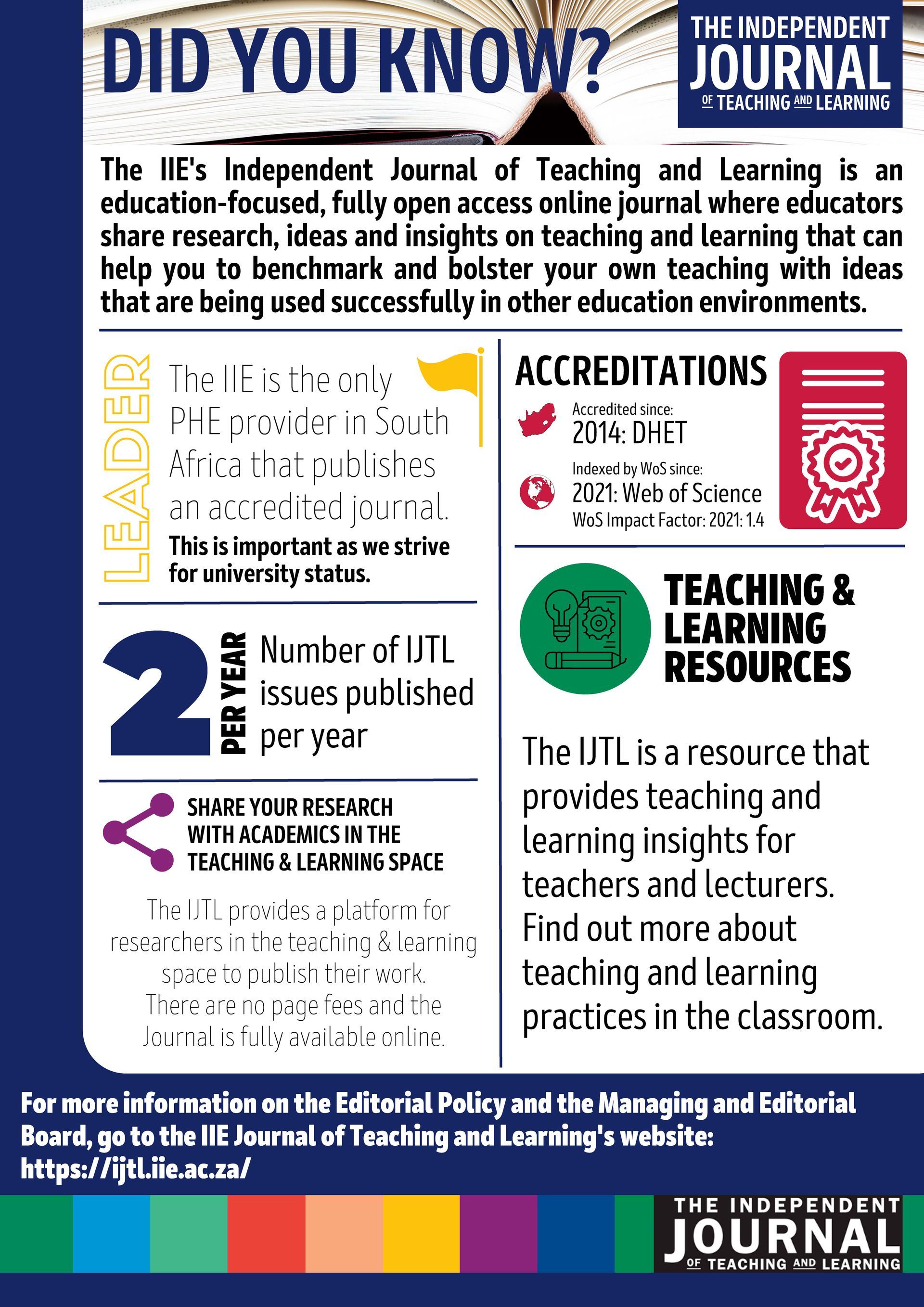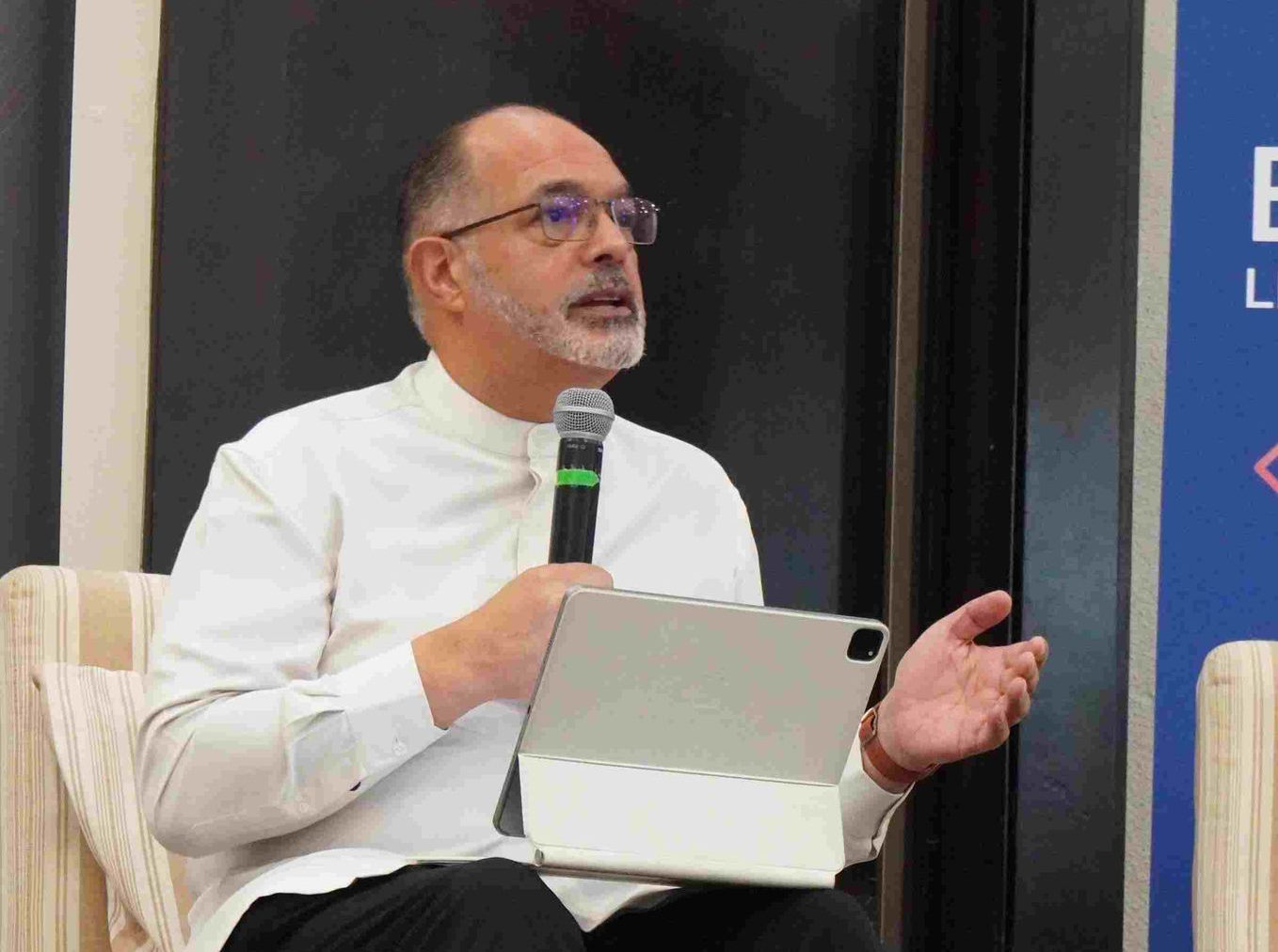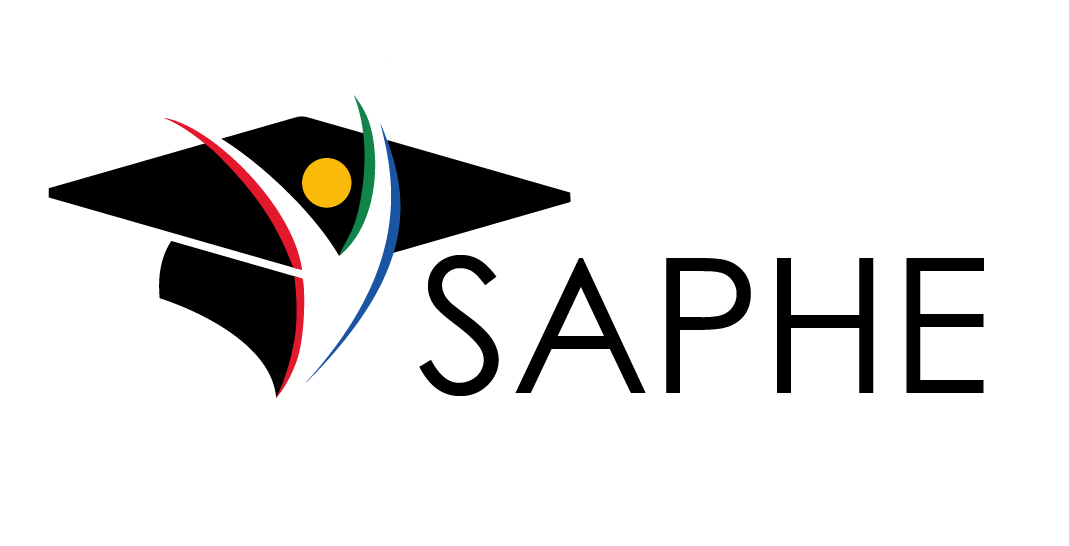Publish and flourish
Publishing in accredited academic journals is a great way to share your research with the wider academic community, validate the quality of your work, and connect with other scholars in your field. Even if you don't receive funding or subsidy for publishing in journals, there are still many other benefits to consider, including the opportunity to build your academic profile. This is according to Dr Brenda van Wyk, Editor in Chief of the Independent Journal of Teaching and Learning (IJTL), an accredited academic journal published by The IIE, one of SAPHE’s member institutions. The IJTL was established 15 years ago, and has been listed on the DHET accredit journal list since 2014.
Sharing more about the IJTL, Dr Van Wyk says the IJTL is an education-focused journal that aims to make a difference for educators at primary, secondary, and tertiary levels. “The journal seeks to be a valuable resource for education practitioners and researchers, providing useful, research-based materials and a scholarly forum for academics and education practitioners to share research on educational practices and teaching and learning across various levels.”
Dr Willy Engelbrecht, the IJTL Associate Editor, elaborates on the following contributions that are considered for publication in the journal:
- Research-based empirical, reflective or synoptic articles that would be of interest to education practitioners.
- Review articles that critically examine research carried out in a specific field.
- Discussion or advocacy papers suitable for publication.
- Articles for publication in the section entitled Practitioners’ corner.
- Book reviews that comprise a clear and concise evaluation of recently published books.
While the journal focuses primarily on education as a discipline, it also welcomes articles that explore the application of educational practices in other disciplines.
SAPHE members can direct their inquiries to the following email address: editor@iie.ac.za.
We encourage SAPHE members to take advantage of this opportunity to contribute to the field of education and share their research with the wider academic community.




